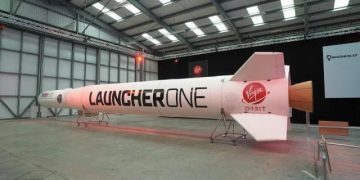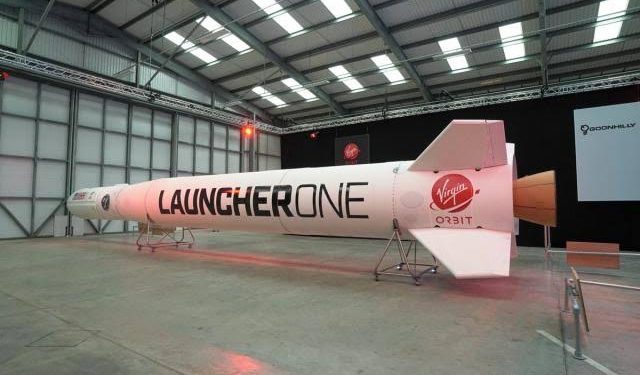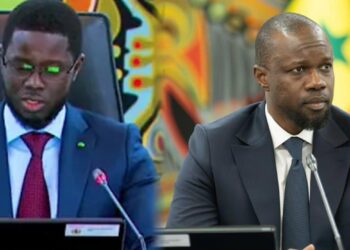By Oyintari Ben
The first satellite mission to be launched from British soil has failed.
To launch a rocket high over the Atlantic Ocean, the American Virgin Orbit company’s jumbo plane took off from Newquay, Cornwall.
The rocket appeared to be rising properly once it started. However, the corporation later announced that there had been an “anomaly” with the rocket.
It was unable to release the satellites it was carrying, and they were lost.
The carrier 747 airplane, Cosmic Girl, arrived back at base without incident.
The Virgin Orbit system was only recently developed. It’s only been in operation since 2020.
After a failure on its first flight, it went on to make four other successful flights.
The problem was with the rocket’s upper segment, according to Matt Archer, director of the UK Space Agency’s launch program.
He cited a technical problem that prevented the second-stage engine from reaching the appropriate orbit.
He told News agencies that the matter was currently under investigation by Virgin Orbit and many federal agencies.
Although Mr. Archer was unable to determine whether the rocket had returned to Earth, he claimed that it would have hit the ground over uninhabited areas if it had.
Because the satellites were insured, their creators and operators would receive payment.
The UK has previously sent rockets into space, but not to place satellites in orbit. The vehicles used in those prior attempts, which were conducted as part of military training or for atmospheric research, immediately descended.
The nation’s space industry, which is well-known worldwide for producing satellites of various sizes, has always had to transport its goods to foreign spaceports to place them in orbit.
The sector will eventually be able to handle everything from initial design through mission operations thanks to the addition of a launch capability.
At Cornwall Newquay Airport, around 2,000 onlookers and VIPs had come to watch the 747 take off. They drifted away as news filtered through that something had gone wrong.
Virgin Orbit’s CEO, Dan Hart, was reticent to address the media, saying only that his business would recover.
Along with UK science minister George Freeman, he went to comfort his workers at the spaceport.




































